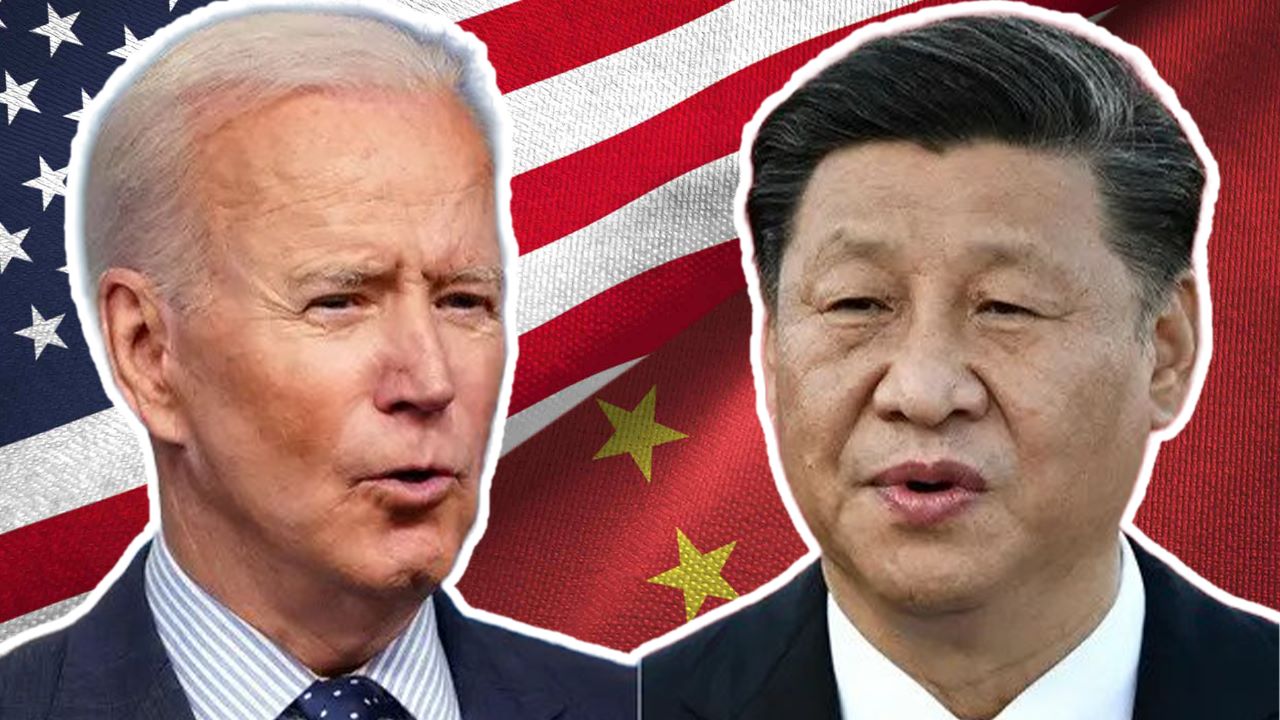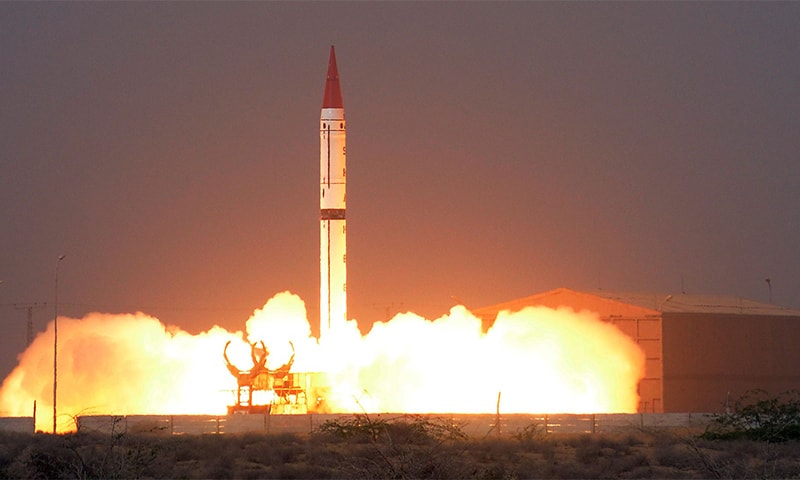The United States has added more than two dozen entities to its export blacklist, accusing them of supporting weapons and drone development programs in Iran and Pakistan, as well as aiding in the modernization of China’s military.
The move, announced by the Commerce Department, targets 26 entities, primarily located in Pakistan (16), China (6), the United Arab Emirates (3), and Egypt (1).
These entities are said to have violated US export controls, been involved in “weapons programs of concern,” or circumvented sanctions imposed on Russia and Iran. Their inclusion in the “Entity List” restricts their ability to obtain US-made items and technology without government approval.
“We are vigilant in defending US national security from bad actors,” said Alan Estevez, Undersecretary of Commerce for Industry and Security, in a statement. He stressed that the US will hold accountable any entity that violates its export controls.
“Six entities under the destination of the PRC were added for acquiring US-origin items in support of the PRC’s military modernization, dilatory and evasive conduct during end-use checks, and procurement of US-origin items for Iran’s weapons of mass destruction and unmanned aerial vehicle (UAV) programs,” the statement reads.
Among the companies blacklisted is Beijing Moreget Creative Technology, accused of acquiring US-origin items related to aviation simulation technology in support of China’s military modernization.
This move reflects Washington’s growing concerns over China’s rapid military advancements, which the US sees as a threat to its global standing.
Additionally, Hong Kong-based Small Leopard Electronics and its associated company, Shenzhen Dragonfly Supply Chain, were added to the list for allegedly obstructing Commerce Department investigations.
F-16s “Sitting Ducks” For Russian MiG-31 Fighters? Putin Warns Of Consequences Over Fighting Falcons
Small Leopard was involved in a transaction supplying goods to an Iranian procurement network and had previously been on the Unverified List for failing to comply with on-site visits required to receive US-origin technology.
Three other companies, Detail Technology (HK), L-Tong Electronic Technology, and Shenzhen Jiachuang Weiye Technology, were also blacklisted for their involvement in procuring US technology for Iran’s weapons of mass destruction (WMD) and drone development programs.
The US export blacklist is a powerful tool used to restrict the flow of American technology to foreign companies deemed threats to U.S. national security or foreign policy. Companies on this list are required to obtain a special license to access U.S. technology, a request that is typically denied.
Beijing, in response, has urged Washington to cease its “discriminatory and unfair measures” targeting Chinese companies. The U.S., however, remains firm in its stance, signaling that violations of export controls will not go unpunished.
Rafale Fighters ‘Thunder’ Over U.S. Skies; Commemorate French Hero’s Key Role In American Revolution

US Blacklists Pakistani Entities
The latest additions to the US export blacklist include nine entities linked to Pakistan, which were flagged for operating as front companies and procurement agents for the Advanced Engineering Research Organization, a Pakistani firm that has been on the Entity List since 2014.
Additionally, seven more Pakistani companies were blacklisted for their role in supporting the country’s ballistic missile development program.
“We will continue to cut off entities that seek to evade our controls and act contrary to US national security,” said Assistant Secretary of Commerce for Export Administration Thea D. Rozman Kendler. “Programs such as Iran’s WMD program, their unmanned aerial vehicle program, and Pakistan’s ballistic missile program pose significant threats to the national security of the United States and will not be aided by US technologies.”
Assistant Secretary for Export Enforcement Matthew S. Axelrod further clarified the U.S. approach to enforcement, stating that action would be taken against entities that engage in the transshipment of US items to support WMD and UAV programs in countries like Iran and Pakistan or to aid Russia’s military efforts.
Axelrod added that any foreign entities obstructing US end-use checks would face serious repercussions. Earlier this year, the US imposed sanctions on three Chinese firms and one Belarus-based company for their involvement in Pakistan’s missile development.

In a continued effort to curb Pakistan’s ballistic missile capabilities, the US imposed additional sanctions in September on a Chinese firm linked to Islamabad’s missile program as part of a broader non-proliferation initiative, as reported by the EurAsian Times.
At the time, US State Department spokesperson Matthew Miller revealed that Pakistan’s National Development Complex (NDC) had collaborated with Beijing’s Research Institute of Automation for Machine Building (RIAMB) to obtain equipment for testing rocket motors for the Shaheen-3 and Ababeel missile systems.
UK Removes 50% Of Chinese CCTV Cameras From Sensitive Sites Amid Growing Security Concerns – Reports
Pakistan’s Shaheen-III, a two-stage medium-range ballistic missile with a range of 2,750 kilometers, can carry both conventional and nuclear warheads. The Ababeel, with a range of 2,200 kilometers, is also designed for nuclear delivery. Both missiles form a key part of Pakistan’s strategic arsenal.
The sanctions were imposed because these entities and individuals transferred equipment and technology governed by the Missile Technology Control Regime (MTCR), aiding Category I missile programs in a non-MTCR country.
Despite opposing the sanctions, Pakistan has refused to join the MTCR, a pact India signed in 2016, which seeks to limit the proliferation of missile technology.
While the MTCR is not a formal treaty, its goal is to prevent the spread of WMDs by regulating the export of missiles and related technologies. The regime focuses on unmanned aerial vehicles (UAVs) capable of delivering significant payloads, as well as the hardware and technology associated with these systems.
Pakistan and China have consistently condemned these sanctions. Pakistan’s Foreign Office spokesperson Baloch previously criticized the selective enforcement of non-proliferation principles, accusing certain nations of making exceptions to support their geopolitical allies.
In addition to Chinese and Pakistani companies, three entities based in the UAE and one in Egypt were blacklisted for procuring or attempting to procure US-origin parts in violation of US sanctions and export controls implemented after Russia’s full-scale invasion of Ukraine in February 2022.
- Contact the author at ashishmichel(at)gmail.com
- Follow EurAsian Times on Google News




